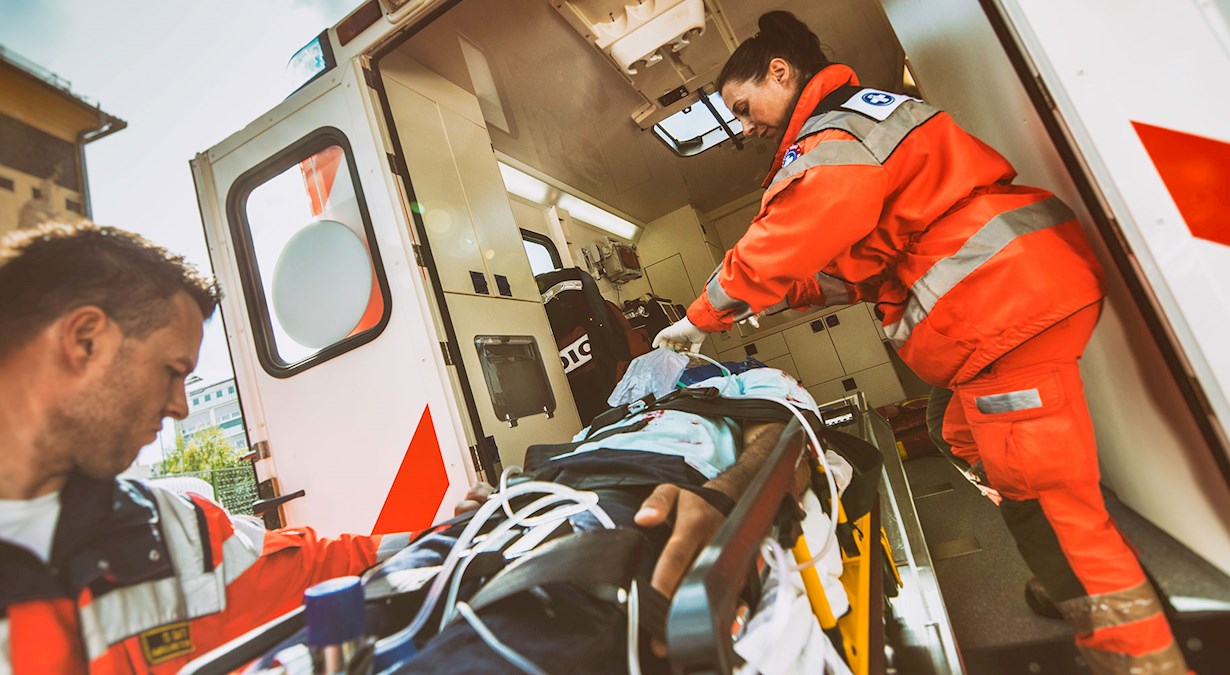Child and Adolescent Mental Health and Wellbeing Research Clinic
About us
Our new research clinic morphed from The Centre for Child and Adolescent Related Disorders to more appropriately reflect changes in our conceptualisation of, and approaches to, the study of child and adolescent mental health and developmental psychopathology. The group includes world-renowned academics, psychologists, psychiatrists, allied health professionals and educators, who bring a unique multidisciplinary focus to local, national and international issues, which translates to real-world contexts. Our strong collaborative partnerships with Western Australian government departments and schools puts us in a strong position to continue as the leader in addressing the complex issues experienced by young people.
Current projects
- Online for a healthy mind: promoting mental health the Health(y)way
-
This project is developing a 3-D animated gamified mental-health program incorporating Cognitive Bias Modification (CBM-I). It is designed to therapeutically alter unhelpful negative thought patterns/cognitive distortions, which are arguably the hallmarks of and causal in mental health disorders. (Funded by Healthway)
- Neurodevelopmental disorders and loneliness: school predictors and outcomes
-
Loneliness is toxic, and a leading cause of morbidity, mortality and disability worldwide that is predicted to reach epidemic proportions by 2030. Adolescents experience greater levels of loneliness than any other age group, and for adolescents with neurodevelopmental disorders (NDDs) such as ADHD, ASD and SLD, loneliness is more intense. This four-year longitudinal study of adolescents with NDDs will develop latent growth curve models to determine the predictors and outcomes of loneliness over the 10- to 18-year-old range. (Funded by ARC Discovery)
- Loneliness in adolescents as a component of developmental risk for vulnerability to suicidal behaviours
-
Loneliness contributes to catastrophic outcomes in many young people. This study will use structural modelling and machine learning to identify the key items from the Perth A-Loneness scale that predict such catastrophic outcomes. (Funded by Young Lives Matter Foundation, UWA)
- Supporting the ongoing wellbeing and resilience of Australia's first responders following the 2019/20 bushfires
-
Cumulative exposure to traumatic events can negatively affect the wellbeing of those called to respond to critical incidents and emergencies. This study will measure first responders’ engagement with the fires, and their wellbeing, resilience and need for and use of support services, as well as cultural and organisational factors that may affect their wellbeing. (Funded by the National Health and Medical Research Council – MRFF scheme)
Past projects
- Screen use and mental health from ages 8-18: a sequential latent growth model
-
This longitudinal research examined screen use and mental health among 8- to 18-year olds over a three-year period. It identified multiple trajectories of depressive symptoms and established the reciprocal relationships between screen use and children’s and adolescents’ mental health and psychological wellbeing over the high-school period. (Funded by Healthway)
- KooLKIDS: empowering children to live well with themselves and others
-
KooLKIDS is an interactive, multimedia, social, emotional learning program that incorporates a series of animated stories. The stories feature Okki the Octopus, who, while highly likeable, often engages in problematic behaviour and social interactions at school, and has difficulty managing his emotions. KooLKIDS activities are informed by three therapeutic frameworks: cognitive-behavioural therapy, solution-focused therapy, and a strengths-based approach. (Funded by ARC Discovery)
- Young Minds Matter: the second Australian Child and Adolescent Survey of Mental Health and Wellbeing
-
Mental disorders are the most common chronic disabling condition affecting children and adolescents today. Students with mental disorders have more absences from school, have lower levels of connectedness and engagement with their school work, and have poorer academic achievement. Young Minds Matter examined the impact mental health problems have on children and young people, and whether current services meet the needs of children and their families. (Funded by the Australian Government Department of Health)
Featured project
Recent publications
- Stephen Houghton, David Lawrence, Simon C. Hunter, Corinne Zadow, Michael Kyron, Roger Paterson, Annemaree Carroll, Richard Christie and Mark Brandtman, Loneliness Accounts for the Association Between Diagnosed Attention Deficit-Hyperactivity Disorder and Symptoms of Depression Among Adolescents, Journal of Psychopathology and Behavioural Assessment 42 (2020), pp. 237-247.
- Linda K. Kaye, Amy Orben, David A. Ellis, Simon C. Hunter, and Stephen Houghton, The Conceptual and Methodological Mayhem of “Screen Time”, International Journal of Environmental Research and Public Health 17(10), 2020.
- Stephen Houghton, Simon C. Hunter, Michael Rosenberg, Lisa Wood, Corinne Zadow, Karen Martin and Trevor Shilton, Virtually impossible: Limiting Australian children and adolescents daily screen based media use, BMC Public Health (15), 2015.
Our staff
- Professor Annemaree Carroll
- Dr Elaine Chapman
- Adjunct Professor Dr Wai Chen
- Dr Ken Glasgow
- Professor John Hattie
- Professor Stephen Houghton
- Professor Simon Hunter
- Associate Professor David Lawrence
Members of other UWA Schools currently collaborating in research with members of the research clinic (listed above) and other colleagues via external grant funding include: Professor and ARC Laureate Fellow Colin MacLeod; Pro-Vice Chancellor (Research) Professor Andrew Page; Dr Ben Grafton (Psychology); Dr Michael Kyron; and Associate Professor Michael Rosenberg (School of Human Sciences).
News
UWA researchers awarded $14.75 million in Federal funding
Researchers at The University of Western Australia have received $14.75 million in funding for 26 projects through the Federal Government’s Australian Research Council.
Read moreTwo-hour screen limit for kids is virtually impossible to enforce
It’s almost universally recommended that for optimal physical and mental health, children engage in 60 minutes of physical activity each day and limit the time they spend watching TV, playing computer games, and surfing the net on various devices.
Read more



